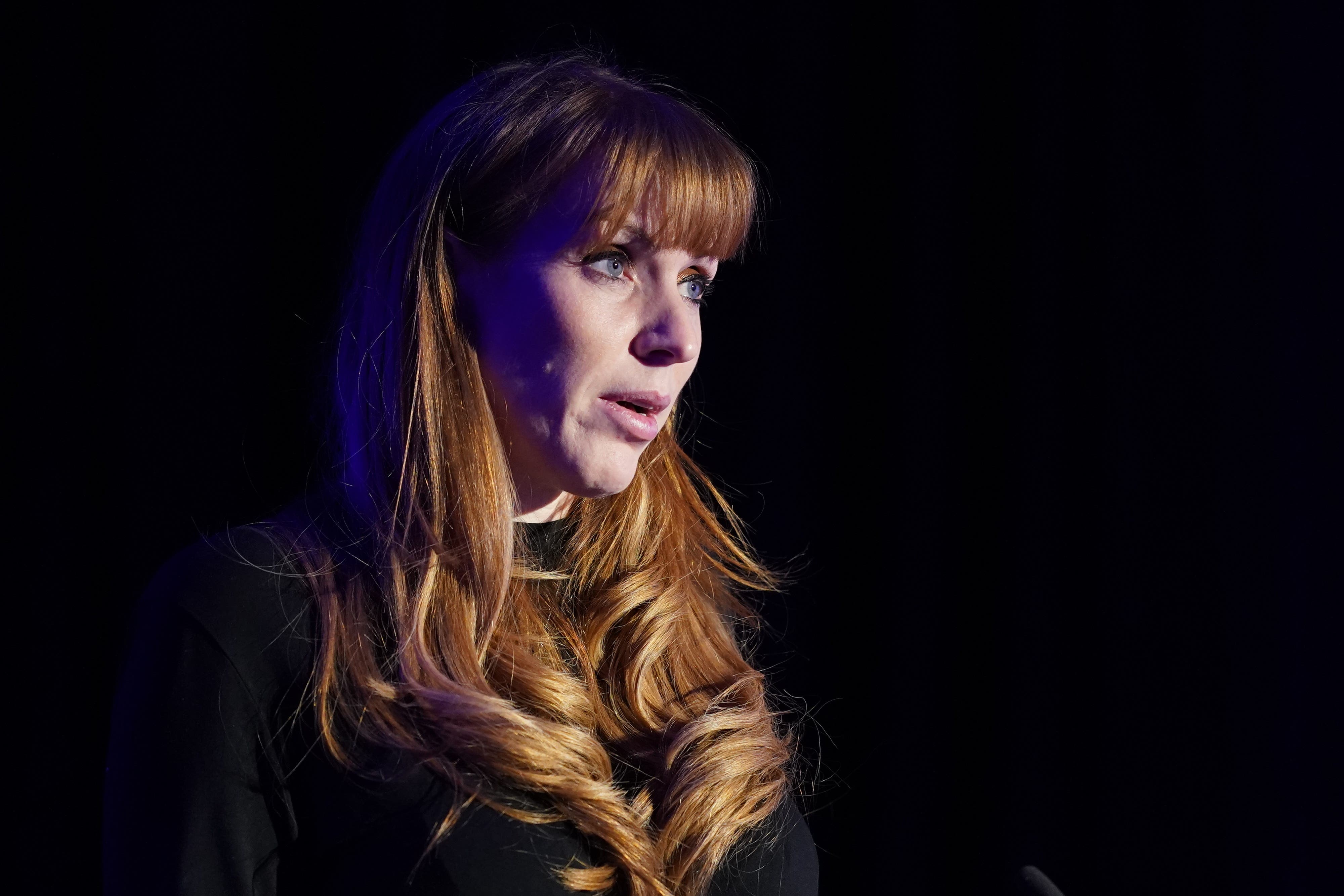The future is female: Want to boost the economy? Boost women first
New analysis shows that the gender pay gap for women in their fifties will not close until 2050 at current rates. That’s bad for women – and bad for Britain, writes deputy Labour leader Angela Rayner


The Equal Pay Act was the first piece of legislation in the UK to give women the right to equal pay in the workplace, establishing the principle of equal pay for equal work.
Today marks the anniversary of that landmark bill becoming law on 29 May 1970, following the tireless campaigning by the striking sewing machinists immortalised in the film Made in Dagenham.
But we still have a long way to go. New analysis shows that the gender pay gap for women in their fifties will not close until 2050 at current rates. That’s bad for women – and bad for the economy.
185,000 more women aged between 50 and 64 have become economically inactive since the beginning of the pandemic. Yet the economy could be boosted by up to £7bn, were employment rates among this group to return to pre-pandemic levels. Tackling the gender pay gap will help to secure the highest sustained growth in the G7.
Progress remains too slow. Unequal pay claims persist, while the gender pay gap is too great. The average working woman earns 15 per cent less than the typical working man, while women are still paid less than men for their work at four out of five employers.
The UK has had a Chancellor of the Exchequer for 800 years, but a woman has never held that post. I was proud of my friend Rachel Reeves, who during her visit to the US last week, reiterated that being our first female chancellor would be an opportunity to blaze a trail and tackle the gender pay gap.
As we commemorate the 53rd anniversary of the Equal Pay Act, I remember the passionate fight of one of my party’s most phenomenal women, Barbara Castle, who spearheaded that legislation. When she was born in 1910, women did not have votes.
But that didn’t stop Barbara, who went on to become only the fourth woman in British history to hold cabinet rank, and remains to date the only woman to have held the office of first secretary of state. The holder of five high-profile government posts, she made changes to people’s lives that have lasted through to today.
Barbara Castle is an inspiration to me personally, and not just because of her self-declared status as the original “fiery redhead”. Her fierce commitment to equality inspired a new generation of women to get into work and politics.
Courageous, determined, tireless and principled, she was never afraid to speak her mind or stand up for her beliefs. Introducing the Equal Pay Act was not only a defining moment in her political career but was – and still is – a watershed moment in the fight for gender equality.
But she would be rightly appalled if we didn’t all push for more. So, today is not just a day to celebrate the Equal Pay Act, but to renew our commitment to deepen equality in the workplace.
Barbara Castle was adamant it would be working-class women on the lowest pay who would benefit most from equal pay, and we must prepare to build on her legacy.
From strengthening workplace protections for new mothers to giving employers the support they need to eradicate unequal pay to reviewing the failing parental leave system, we need to make Britain work for working women.






Join our commenting forum
Join thought-provoking conversations, follow other Independent readers and see their replies
Comments